.jpeg)
What Is Kombucha?
Kombucha is a complex, effervescent fermented beverage crafted from sweet tea. This transformation is driven by a symbiotic culture of bacteria and yeast, known as SCOBY (Symbiotic Culture of Bacteria and Yeast). During fermentation, the SCOBY metabolizes the sugar in the tea, producing a variety of beneficial compounds, including organic acids, vitamins, and enzymes. The result is a tangy, effervescent drink with a distinctive flavor profile. Kombucha's taste can range from rich and sour to fruity and floral, influenced by the ingredients and fermentation duration. It is renowned for its potential health benefits, such as aiding digestion, boosting the immune system, and promoting gut health.
Material Selection for Kombucha Equipment
Glass: Glass is the preferred material for brewing kombucha due to its non-reactive nature, ensuring it does not interact with the acidic brew. It is also durable and free from harmful chemicals like BPA. A minimum capacity of 1.5 liters is recommended, with 2 liters or more being ideal. For continuous brewing, a larger glass jug with a plastic spigot (to avoid metal contamination) is necessary. Ensure the glass is intact and free from cracks.
Plastic: While plastic can be a cost-effective and lightweight option, caution is needed. Only specific types of plastic are suitable for kombucha brewing, given the acidity of the beverage. Plastic is generally more affordable than glass but must be food-safe and resistant to scratches and cracks.
Stainless Steel: Stainless steel is widely used in the fermentation of beer, wine, kombucha, and spirits due to its durability, resistance to scratches and stains, and excellent temperature control. However, stainless steel fermenters are typically more expensive. Ensure the use of high-quality, food-grade stainless steel.
Choosing the Right Kombucha Brewing Equipment
When selecting equipment for kombucha brewing, consider the following factors:
Size: Choose a brewing vessel that can accommodate the desired batch size. Ensure the container provides enough space for both the SCOBY and the liquid to ferment effectively.
Material: Opt for brewing containers made of glass or ceramic, as these materials are non-reactive and do not interact with the acidic nature of kombucha. Avoid plastic or metal containers, which can leach chemicals and adversely affect the flavor and quality of the kombucha.
Quality: Invest in high-quality, food-safe equipment specifically designed for kombucha brewing. Look for durable containers and lids capable of withstanding the fermentation process. Quality equipment ensures a better brewing experience and longevity.
Convenience: Consider the ease of cleaning, assembly, and use of the equipment. Regular maintenance and cleaning are crucial in kombucha brewing, so choose equipment that is easy to clean and sanitize. Select lids that fit well and are easy to remove and replace. User-friendly equipment will enhance the overall brewing experience.
Still have a problem on choosing the brewery equipment? We can help with your final decision. If you are looking for a turnkey solution for craft beer brewing system, please contact us. We are looking forward to working with you. Send an email now: [email protected]
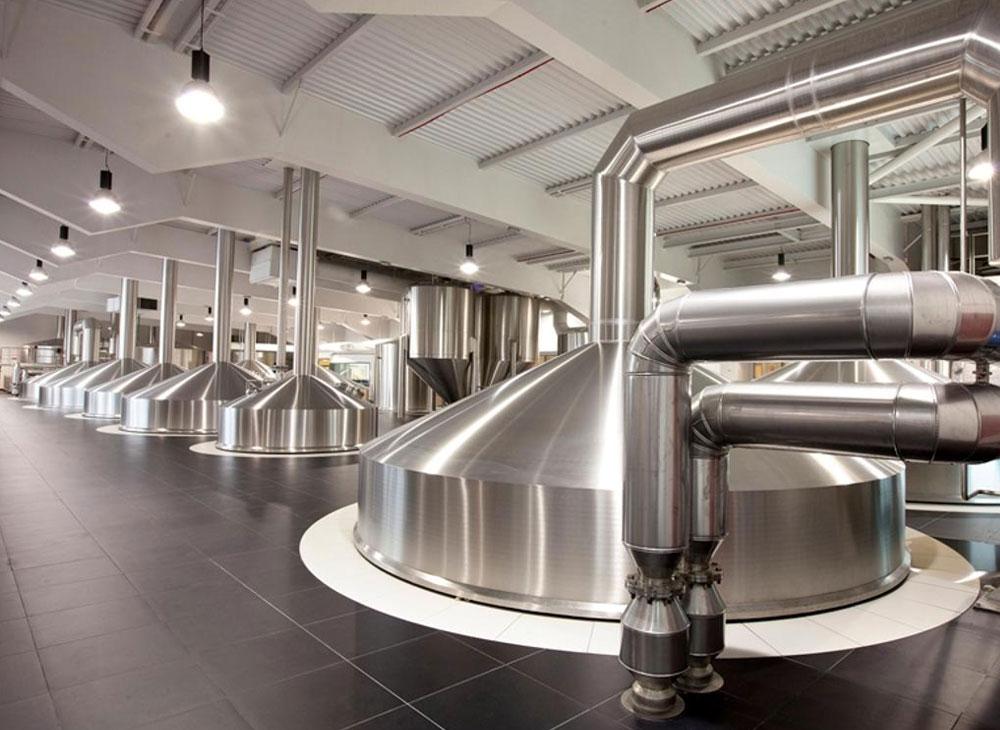
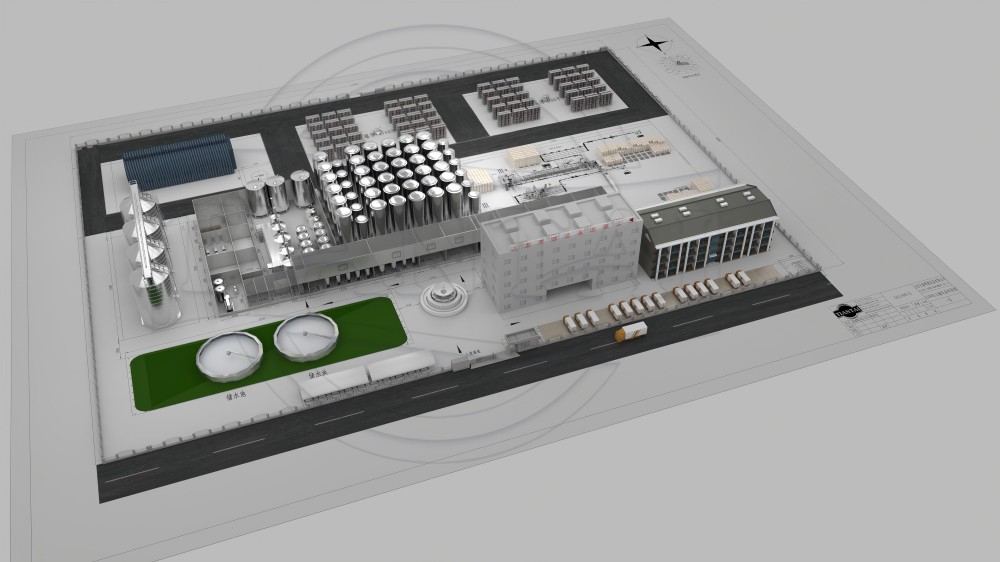
.jpg)
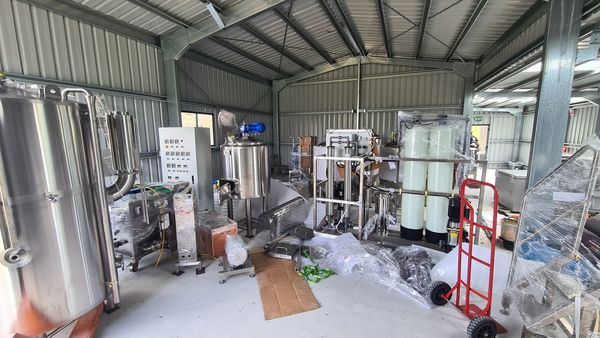
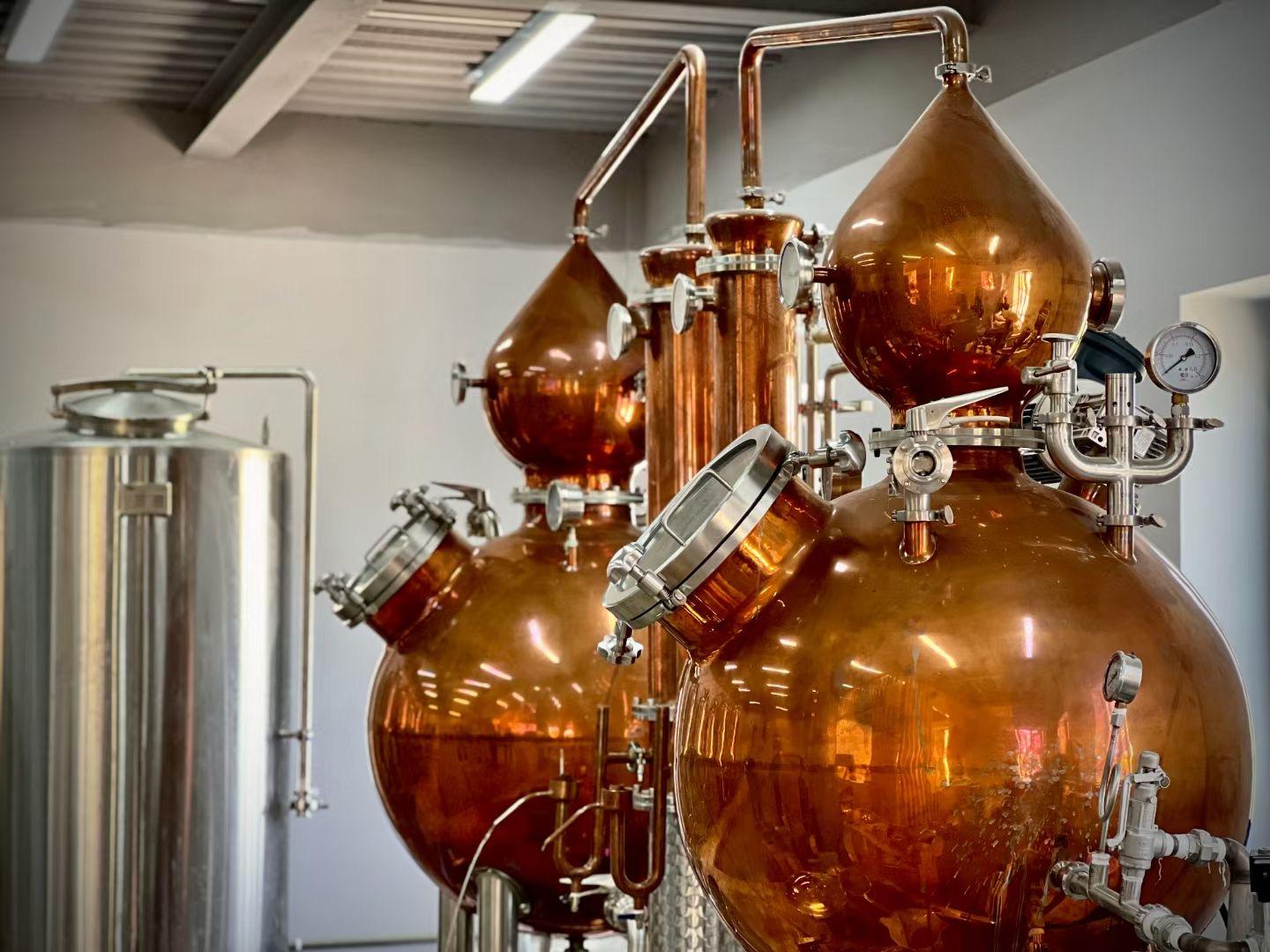
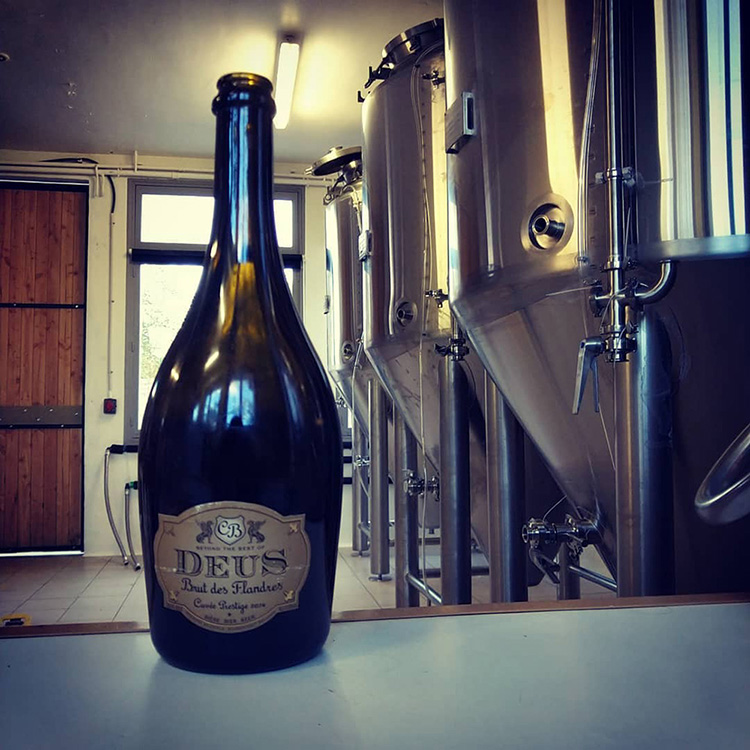
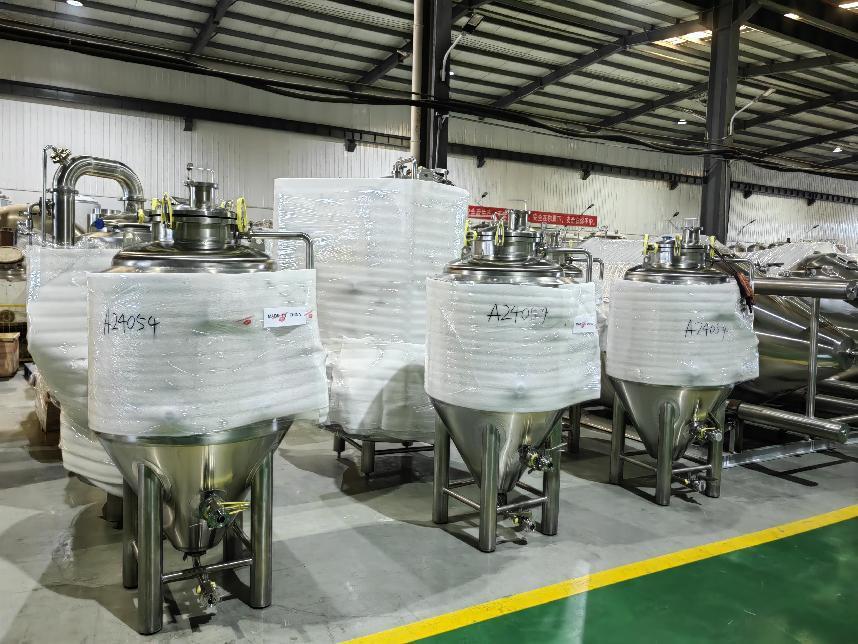
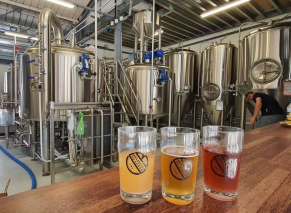
Get A Quote